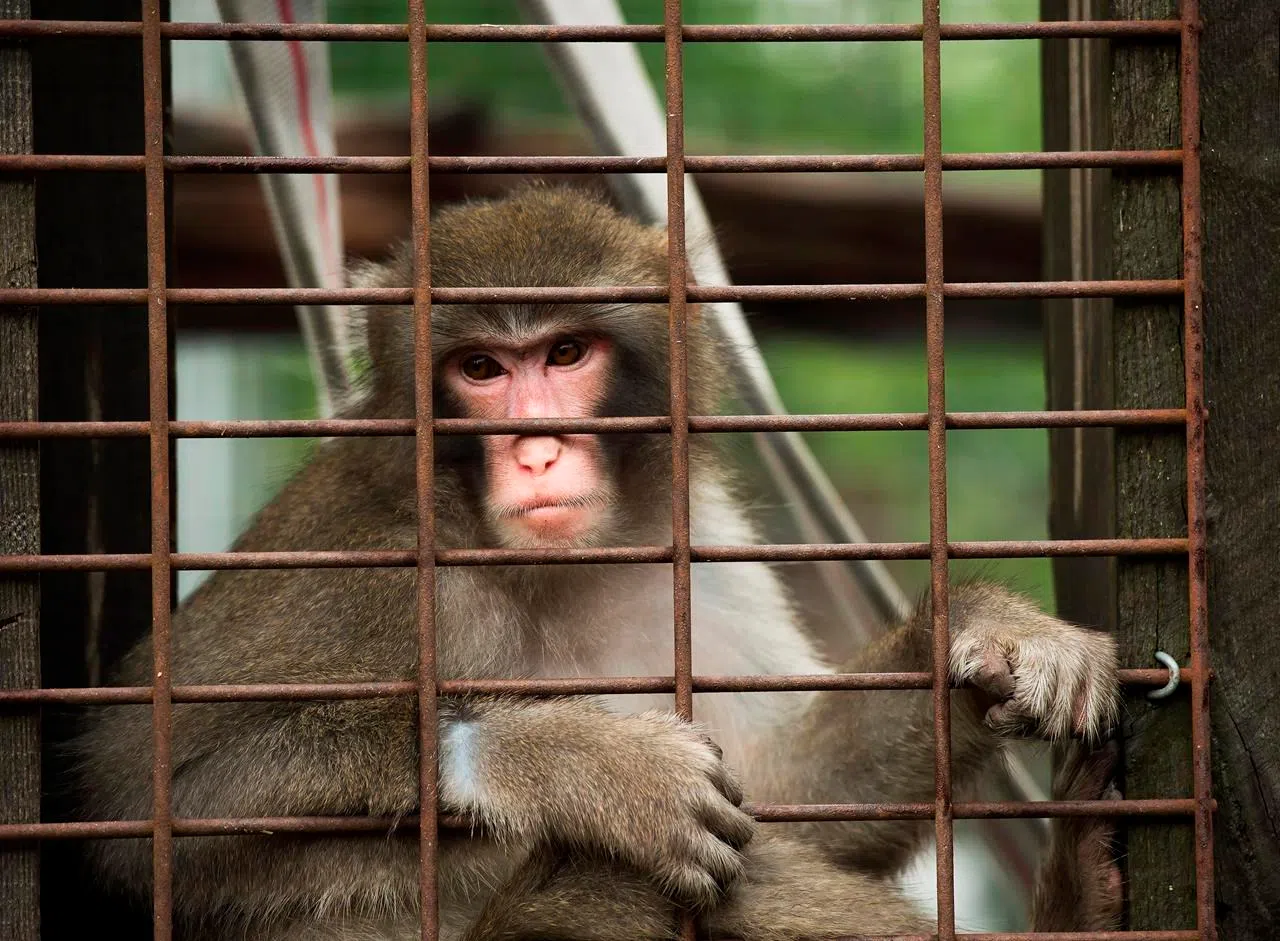
Drawn to the wild! Canada’s growing love for exotic pets has experts worried
KAWARTHA LAKES, Ont. — As the sun sets over the sprawling property in rural Ontario, the farmhouse party gets into full swing.
The host walks around chatting up the guests, two small monkeys perched on her shoulder. One is dressed in a collared jumpsuit, the other in a polka-dot dress.
Up the hill, a pair of burlesque dancers perform as guests snap photographs of other animals — two miniature donkeys, a wallaroo named Wall-E, a few alpacas groomed like best-in-show poodles, two tiny marmosets, two ferrets and a skittish black-and-white fox.
This is Yasmin Nakhuda’s Xanadu where she presides over her menagerie at her home in Kawartha Lakes, where she moved in 2014 after losing her “son” Darwin — a Japanese macaque that escaped from her car and wandered into an Ikea store.



